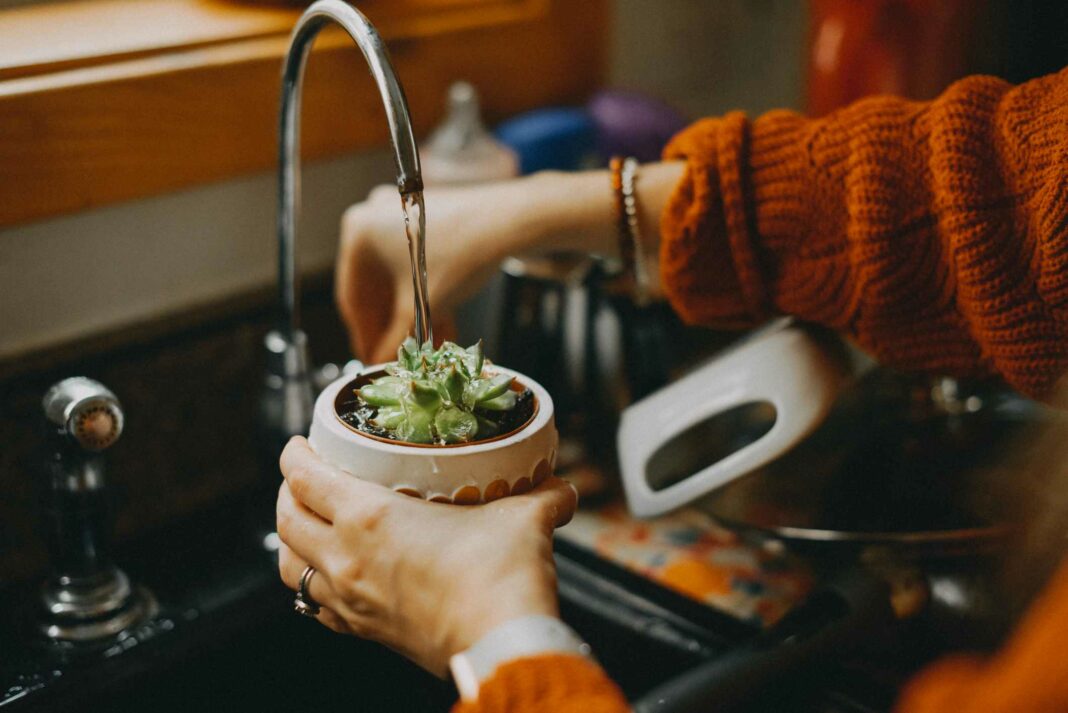Is Tap Water Actually Bad for Your Plants? 4 Signs You Should Switch to Filtered ASAP
As a plant lover, you want to give your leafy friends the best care possible. But did you know that the water you use to hydrate your plants could be harming them? Tap water, while safe for human consumption, may not always be the best choice for your green companions. Here are four signs that it’s time to switch to filtered water for your plants.
1. Buildup of Minerals
One of the most common issues with tap water is the presence of minerals like calcium and magnesium. These minerals can build up in the soil over time, leading to issues like poor drainage and nutrient absorption. If you notice a white crust on the surface of your soil or around the drainage holes of your plant pots, this is a sign of mineral buildup. Switching to filtered water can help prevent this issue and keep your plants healthy.
2. Chlorine Exposure
Many municipal water supplies are treated with chlorine to kill bacteria and other harmful pathogens. While this is great for human health, chlorine can be damaging to plants. If you notice that your plant’s leaves are turning yellow or brown at the tips, it could be a sign of chlorine exposure. Switching to filtered water can help eliminate this issue and keep your plants looking vibrant and healthy.
3. pH Imbalance
Tap water can have a fluctuating pH level, which can be harmful to plants that prefer a specific pH range. If you notice that your plants are struggling to thrive or are showing signs of nutrient deficiencies, it could be due to an imbalance in the pH of your water. Filtered water often has a more stable pH level, making it a better choice for plant care.
4. Pesticide Residues
Some tap water sources may contain traces of pesticides or other chemicals that can be harmful to plants. If you notice that your plants are wilting or showing signs of stress despite proper care, it could be due to pesticide residues in the water. Switching to filtered water can help eliminate this risk and ensure that your plants are getting the cleanest water possible.
Conclusion
While tap water is generally safe for human consumption, it may not always be the best choice for your plants. Switching to filtered water can help prevent issues like mineral buildup, chlorine exposure, pH imbalance, and pesticide residues, ensuring that your plants stay healthy and vibrant. By paying attention to the signs mentioned above, you can make the switch to filtered water and provide your plants with the care they deserve.
FAQs
Q: Can I use tap water for all of my plants?
A: While tap water may be suitable for some plants, others may be sensitive to the minerals, chlorine, or pH levels present in tap water. It’s best to monitor your plants‘ health and make adjustments as needed.
Q: How can I filter my water for plants?
A: You can use a water filter pitcher, a faucet-mounted filter, or a reverse osmosis system to filter your water for plants. Be sure to follow the manufacturer’s instructions for proper use.
Q: Is rainwater a better alternative to tap water for plants?
A: Rainwater is often a great choice for plants as it is naturally free of additives like chlorine and has a balanced pH level. However, you should be cautious of pollution and contaminants in your area that could affect the quality of rainwater.




